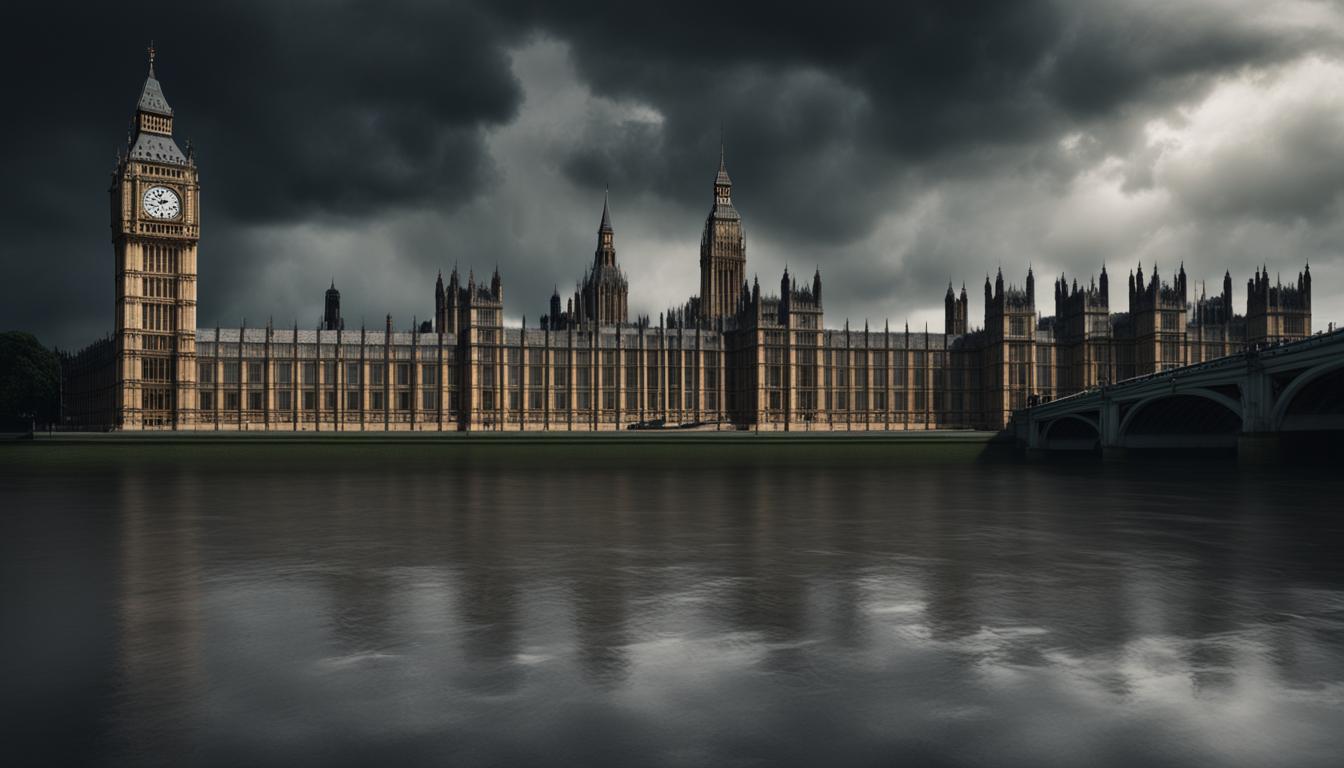The Labour Party faces internal and external turmoil following Natalie Elphicke’s controversial defection from the Conservative Party, amid claims of further potential Tory defectors.
In recent political developments across the UK, the Labour Party has faced both internal and external reactions to the defection of former Conservative MP Natalie Elphicke. Elphicke’s switch from the Tories to Labour has sparked significant controversy, given her previous political stances and personal controversies, including her support for her ex-husband who was convicted of sexual assault.
Amidst claims from Labour frontbencher Wes Streeting that additional Tory MPs are considering defection, Elphicke’s entry into the Labour Party has been met with a mix of concern and backlash within the party itself. Labour’s deputy leader Angela Rayner clarified that Elphicke would have no formal role within the party, following a strong backlash from both the public and party members.
The reception of Elphicke’s defection includes harsh critiques from Conservative figures as well. Security Minister Tom Tugendhat expressed concerns about the spectrum of beliefs within Labour, while MP Penny Mordaunt jokingly remarked that Elphicke is “too left wing” for Labour. Elphicke has responded to the controversy by apologizing for past comments and stating she will not seek re-election.
Meanwhile, Dominic Cummings, former aide to Boris Johnson, has made headlines with a scathing criticism of both the Tories and Labour, criticizing their leadership and hinting at the creation of a new political party. Cummings targeted the inefficiencies he perceives in Brexit’s execution and lambasted current political leadership across the major parties.
These unfolding events signal a period of significant political realignment and debate, reflecting broader tensions and discontent within the major UK political parties. The developments continue to attract widespread attention and discussion, shaping the current and future landscape of UK politics.













